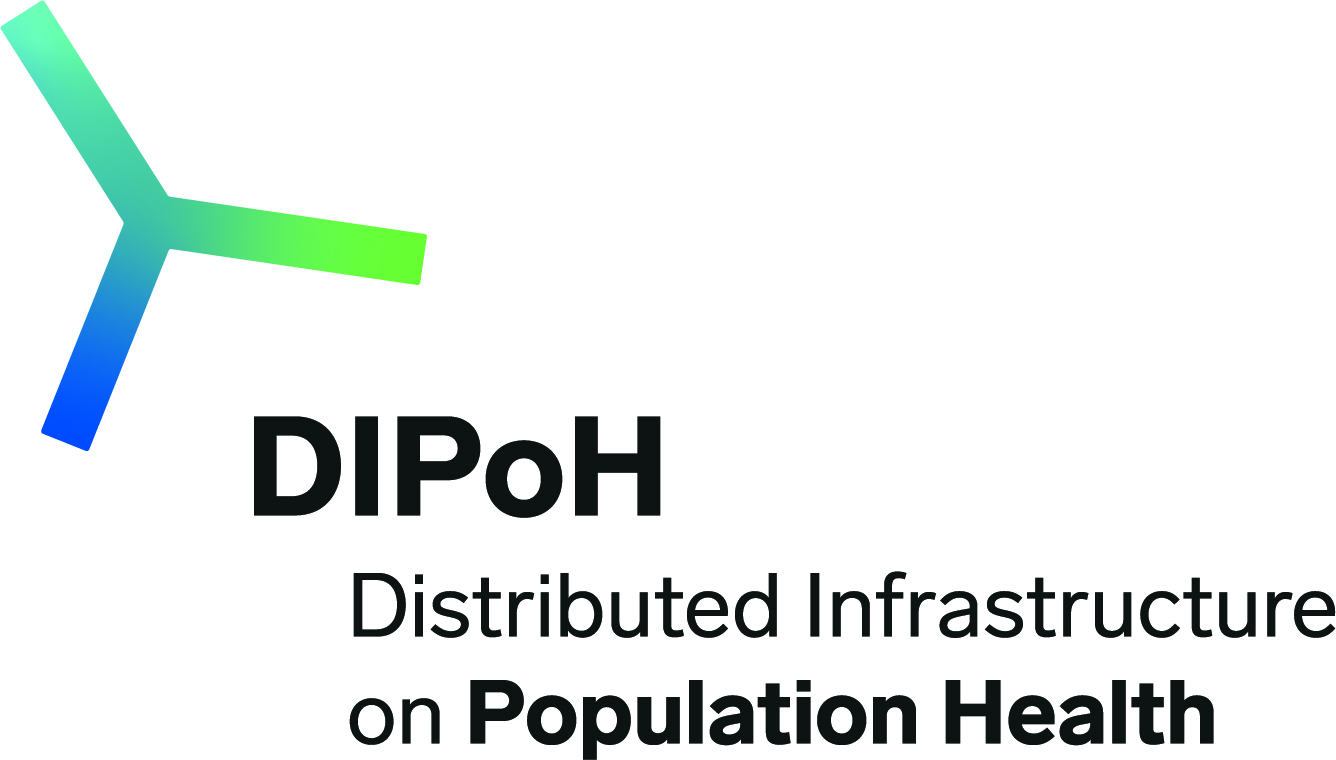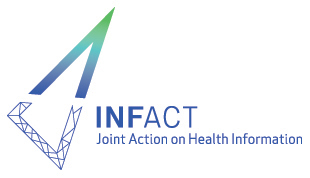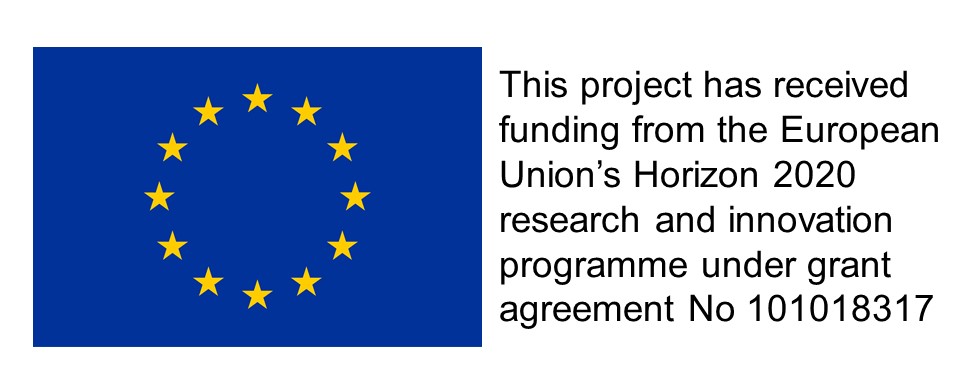Information
Description
Noncommunicable diseases (NCDs) such as cancer, cardiovascular disease, diabetes, and respiratory conditions pose a significant health threat, accounting for 90% of all deaths in the WHO European Region. Even during emergencies, when focus tends to shift towards short-term hazards like infections or traumas, NCDs remain a persistent and exacerbated concern. WHO/Europe has identified 15 countries and territories prone to emergencies due to geographical or other factors, where vulnerabilities in health systems can impede effective responses to hazards. Data underscores a substantial surge in NCD cases and related deaths during humanitarian crises, including a two-to-three-fold increase in heart attacks and strokes following disasters. Emergencies amplify trauma, injuries, and difficulties in accessing medicines and healthcare services, further deteriorating the health of individuals with NCDs. Given the recurrent occurrence of disasters such as heatwaves, forest fires, floods, and potential volcanic eruptions, preparedness, response, and resilience measures for those with or at risk of NCDs are of paramount importance. To address these challenges, WHO/Europe is organizing an online meeting to discuss risk mitigation across the European Region and advocate for the inclusion of NCD prevention and management in national preparedness and emergency response plans. This event will convene leading experts and decision-makers to explore preparedness strategies for future humanitarian crises, share insights and lessons learned from managing NCDs during the COVID-19 pandemic and other disasters, and explore ways in which WHO can support countries in integrating NCD prevention and management into their emergency strategies.
Organization
WHO Headquarters in Copenhagen
(+45 45 33 70 00)





